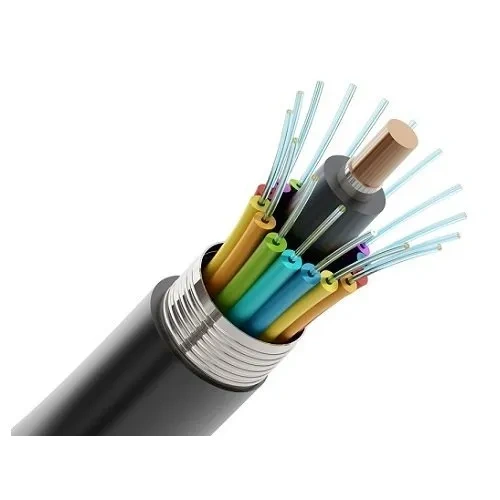
Overview Fiber optic cables transmit data as light signals through thin glass or plastic fibers, enabling high-speed data transmission over long distances.
1. High
bandwidth: Fiber optic cables offer extremely high data transmission rates.
2. Low
signal loss: Fiber optic signals can travel long distances with minimal signal
degradation.
3. Immunity
to EMI: Fiber optic cables are resistant to electromagnetic interference.
1.
Telecommunications: Fiber optic cables are used in telecommunications networks.
2. Internet
connectivity: Fiber optic cables provide high-speed internet connections.
3. Data
centers: Fiber optic cables are used in data centers for high-speed data
transmission.
1.
High-speed data transmission: Enables fast and reliable data transfer.
2.
Long-distance transmission: Fiber optic signals can travel long distances
without significant degradation.
3. Security: Fiber optic cables are difficult to tap, providing a secure transmission medium.
1. Installation: Requires specialized equipment and expertise for installation and termination.
2. Fiber type: Choosing the right type of fiber optic cable (single-mode or multi-mode) for the application.
3. Maintenance: Regular inspection and maintenance are necessary to ensure optimal performance.